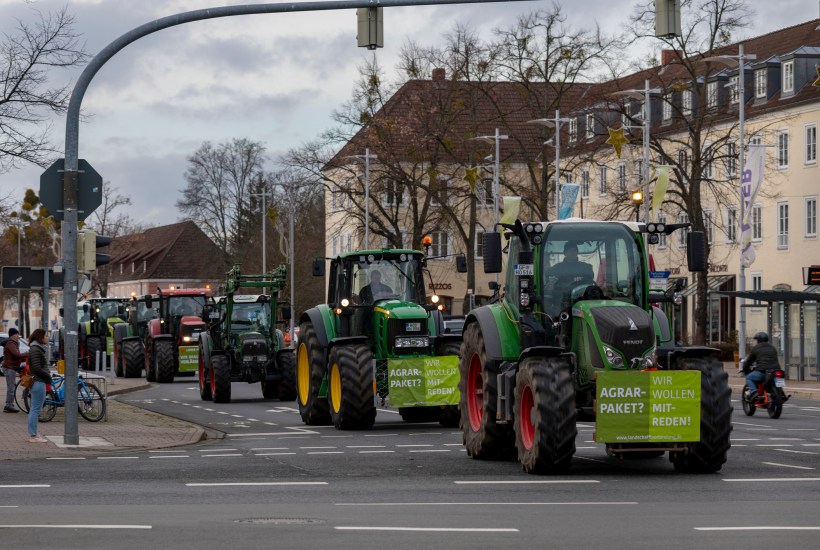He wanted to get away from it all. The splendid solitude of the tiny North Sea island of Hooge was a momentary refuge from the waves of political tumult buffeting his country. But when Germany’s vice chancellor Robert Habeck returned from his holiday on Thursday, a group of furious farmers prevented his ferry from docking on the mainland. Germany’s 2024
Already a subscriber? Log in
Subscribe for just $2 a week
Try a month of The Spectator Australia absolutely free and without commitment. Not only that but – if you choose to continue – you’ll pay just $2 a week for your first year.
- Unlimited access to spectator.com.au and app
- The weekly edition on the Spectator Australia app
- Spectator podcasts and newsletters
- Full access to spectator.co.uk
Or




















Comments
Don't miss out
Join the conversation with other Spectator Australia readers. Subscribe to leave a comment.
SUBSCRIBEAlready a subscriber? Log in